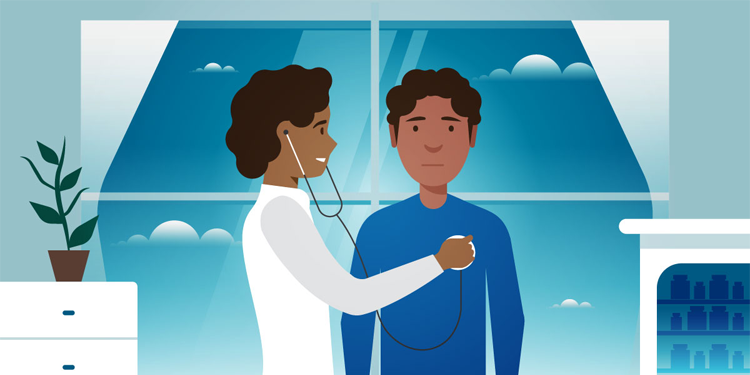Common winter diseases and a guide to protect yourselves

In India, the winter season begins in mid-November and lasts until the last week of February. People experience health issues during these months as a result of climate change. People's health is affected in some way by shorter days and longer nights. Aside from that, the body's immune system deteriorates, necessitating the consumption of nutritious food in order to maintain excellent health. The winter season brings with it a wealth of fruits and green vegetables, which aid digestion, and exercise, which ensures that the heart and other organs function properly.
How To Prevent Common Winter AilmentsThe Common ColdThe common cold is far too common, and we often ignore it as a natural part of the changing seasons. A typical cold can cause a sore throat, chest congestion, headache, sneezing, runny nose, and other symptoms. The common cold, which affects both adults and children, is expected to go away in a few days and does not require any major medical attention.
PreventionTo recover from this health problem, it is important to rest, eat home-cooked foods, and drink enough fluids.
FluWhile the flu is not as serious as the average cold, it should not be neglected. The flu is a contagious respiratory ailment caused by a virus known as influenza. It might also be minor or severe. A flu patient, like a cold patient, suffers from body pains, sore throats, fever, headaches, and other symptoms that can ruin the season.
PreventionA sore throat is extremely irritating and uncomfortable. However, strep throat is even worse! Strep throat is a severe form of sore throat that is accompanied by a fever caused by an infection. It's caused by a bacterial infection and is extremely frequent among children. Symptoms of strep throat include difficulty swallowing food or drink headache, swollen lymph nodes, fever, and other similar conditions.
PreventionBronchitis is common among children and toddlers under the age of two. Bronchitis is a respiratory ailment caused by the respiratory syncytial virus or RSV. Breathing difficulties are common symptoms caused by the inflammation of airway passages in the lungs when they get congested. Bronchitis patients endure a slight fever, nasal congestion, wheezing, and coughing.
PreventionPneumonia is another type of lung infection that is widespread throughout the winter months. Bacterial diseases can be light or severe in nature, which means that if they are minor, they can be treated at home, but if they become serious, they may require hospitalization.
People with weakened immune systems or health conditions such as asthma, heart disease, or even cancer are more likely to contract pneumonia. Unfortunately, in its early stages, this condition is difficult to identify. However, if the patient has a persistent cold or a high fever, it is preferable to consult a doctor.
PreventionAlong with respiratory issues, winter brings several skin problems, such as itching, eczema flare-ups, psoriasis flare-ups, and so on. This season's most basic skincare requirement is to keep the skin hydrated.
In the winter, the most prevalent skin issues are dry, itchy skin, dehydrated skin, UV damage, and chapped lips. Many people are unaware that they must continue to wear sunscreen before going outside.
How to Avoid Winter Skin Issues